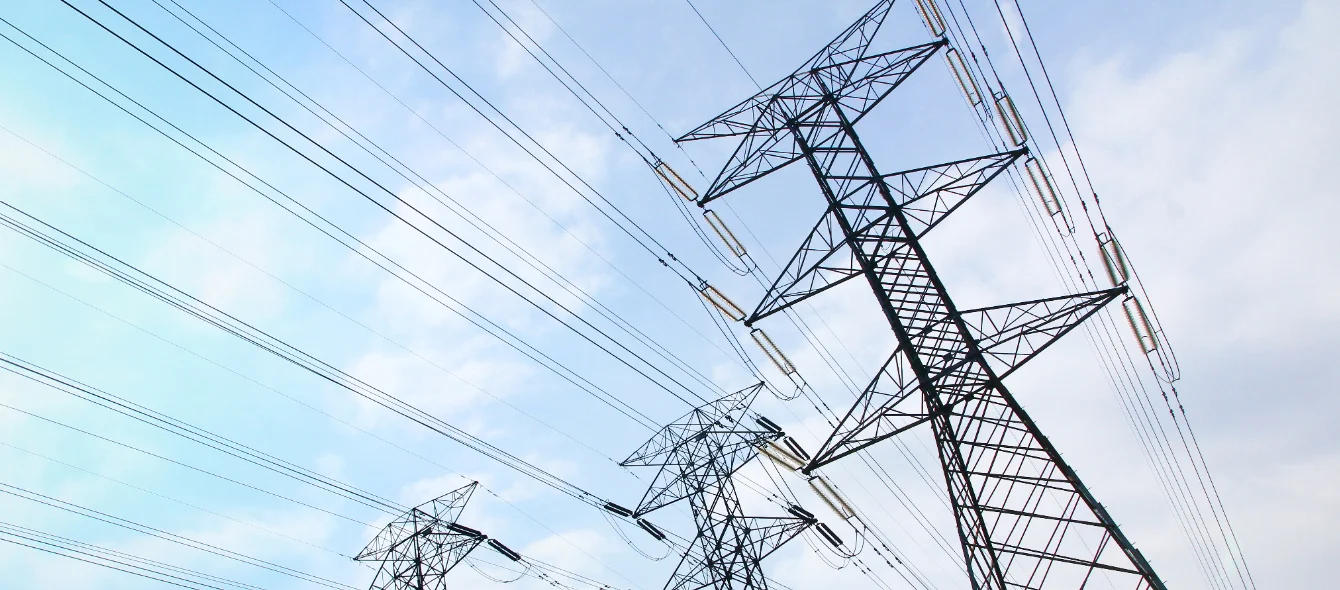The energy transition must pick up speed. And the EU should show the world that this can be done – without “overextending the economy or society.” This is the essence of a statement published by several German academies of science. By staking this claim, scientists are urging the German government to use the country’s Council presidency (1 July to 31 December 2020) to expedite the energy transition within the European Union.
The declaration emphasises the continued need for technological neutrality in order to steer away from suboptimal solutions. This is important above all when investments in industry and infrastructure are made for several decades. To quote the statement, “What is built today will still be operated in 2050.” This is cited as the main reason for the importance of investing with foresight, namely in assets “which can already be operated with a net zero effect on greenhouse gases or can be converted to run carbon neutrally (e.g. on renewable energy sources) enabling them to be adapted to the increasingly exigent climate protection goals.”
Change means action
Moreover, the scientists caution against postponing investments indefinitely in order to take advantage of new innovations, as this translates into waiting for the impossible: “In view of the constantly changing technological, economic and societal environment, there is no such thing as an optimal static solution.”
The authors declare that, instead, well-engineered solutions should be implemented determinedly as “no-regret measures.” These primarily include wind and solar farms as well as the grid expansion necessary to make use of them. The authors further recommend rapidly commissioning pilot plants for hydrogen usage “because hydrogen must play a key role in future energy systems.”
For instance, this decade, there is a 30 to 60 percent reinvestment requirement in the steel, chemical and cement industries, which should be met to prepare the sectors for a sustainable future. The funds the governments intend to use to cushion the consequences of the corona crisis for the economy should also be used for this purpose.
More efficient together
The EU should develop coherent, joint strategies at the political level. For example, the stage for a “trans-European energy system” should be set today, in order to fully leverage site advantages related to the generation and use of energy. The statement cites “effective and cost-efficient incentive systems” as a tool for getting industry on track for this.
The scientists believe that CO2 pricing “across sectors, regions, players and technologies” is key to accomplishing this. They mention the expansion of the existing EU-ETS as one option, as it “has established itself as a tried-and-tested tool that already covers about 45 percent of EU greenhouse gas emissions.” EU emissions trading should be expanded to include the heating and transportation sectors “as far ahead of 2030 as possible.” Proceeds from auctioning certificates could be used by member states to make compensatory social payments.
An alternative to this volume-based certificate trading presented by the authors is a price-based levy. They add that the CO2 pricing method employed is “of secondary importance to the economy.”
The full statement entitled ‘2030 Energy Transition: Europe’s Road to Carbon Neutrality” by the Leopoldina National Academy of Science, the German Academy of Science and Engineering (acatech) and the Union of the German Academies of Sciences and Humanities can be found here.
Photo credit: shutterstock.com, KYTan
